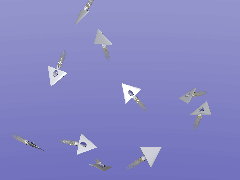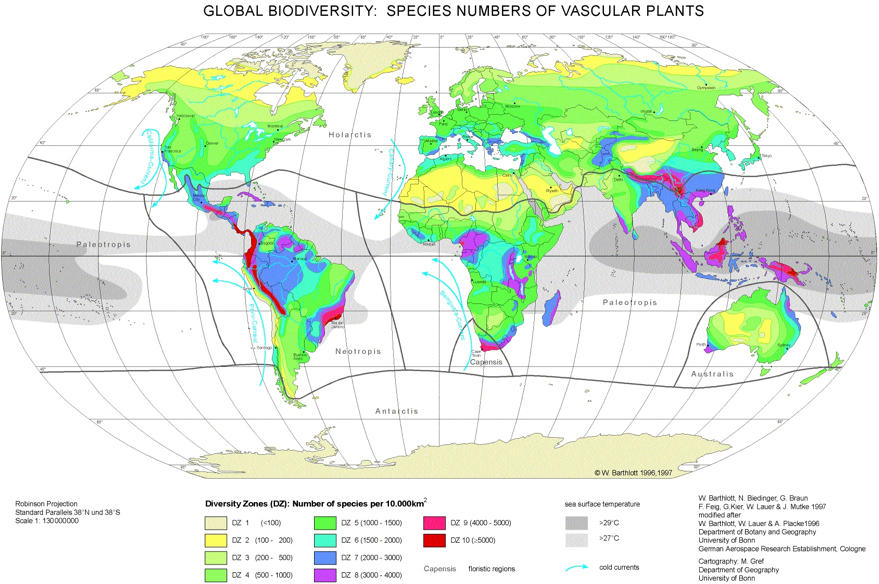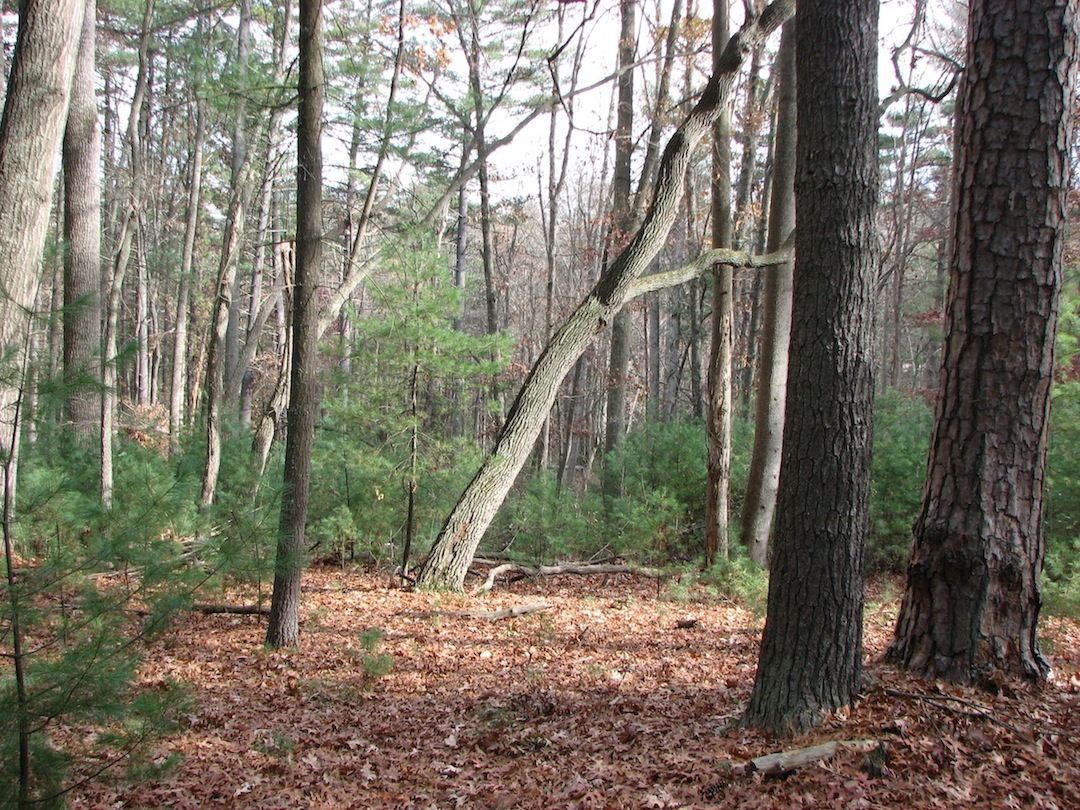 Book Notes
Book Notes Book Notes
Book NotesA physicist and an environmental activist, Fritjof Capra is a self-described science writer who has published books concerning "the conceptual revolution in physics — a change from the mechanistic worldview of Descartes and Newton to a holistic and ecological view." He argues that "the survival of humanity will depend on ecological literacy, on our ability to understand these principles of ecology and live accordingly."
p. 304.
He writes:
"We humans, moreover share an abstract world of language and thought through which we bring forth our world together."
 "The lesson to be learned here seems to be that the roots of life reach down into the realm of nonliving matter."
"The lesson to be learned here seems to be that the roots of life reach down into the realm of nonliving matter."
“All living organisms are related by common ancestry. All forms of life have emerged from that ancestry by a continuous process of variation throughout billions of years of geological history.”
![]()
“This wisdom of nature is the essence of ecoliteracy.”
“Based on the understanding of ecosystems as autopoietic networks and dissipative structures, we can formulate a set of principles of organization that may be identified as the basic principles of ecology and use them as guidelines to build sustainable human communities.”
"Ecological literacy includes the knowledge that both sides of a conflict can be important, depending on the context, and that the contradictions within a community are signs of its diversity and vitality and thus contribute to the system's viability."
“The first of these principles is interdependence.”
“Understanding ecological interdependence means understanding relationships.”
“The fact that the basic pattern of life is a network pattern means that the relationships among the members of an ecological community are nonlinear, involving multiple feed back loops.”
Ecology is a synthetic subject for study. As Richard Heinberg an energy researcher advises, this systems view of life: "It's like seeing in 3-D and in color."
![]()
“Diversity means many different relationships, many different approaches to the same problem . . . . Capable of adapting to changing situations.”

“However diversity is of strategic advantage only if there is a truly vibrant community, sustained by a web of relationships.”
![]()
| ‘The cyclical nature of ecological processes is an important principle of ecology.” | |||
“Ecosystems differ from individual organisms in that they are largely closed systems with respect to the flow of matter, while being open with respect to the flow of energy.”
p. 299. |
|||
 |
|||
 |
 |
 |
|
 |
|||
“Solar energy in its many forms–. . . is the only kind of energy that is renewable, economically efficient, and environmentally benign.”
“Partnership is an essential characteristic of sustainable communities. The cyclical changes in energy and resources in an ecosystem are sustained by pervasive cooperation. Indeed, we have seen that since the creation of the first nucleated cells over two billion years ago, life on Earth has proceeded through ever more intricate arrangements of cooperation and coevolution. Partnership – the tendency to associate, establish links, live inside one another, and cooperate – is one of the hallmarks of life."
"The principles of ecology mentioned so far–interdependence, the cyclical flow of resources, cooperation, and partnership–are all different aspects of the same pattern of organization. This is how ecosystems organize themselves to maximize sustainability.”
“two further principles of ecology–flexibility and diversity–that enable ecosystems to survive disturbances and adapt to changing conditions.”
![]()
Necessary facets of ecology are:
“All ecological fluctuations take place between tolerance limits. There is always the danger that the whole system will collapse when fluctuation goes beyond those limits and the system can no longer compensate for it.”
“Temporary stress is an essential aspect of life, but prolonged stress is harmful and destructive to the system. These considerations lead us to the important realization that managing a social system . . .means finding the optimal values for the system’s variables. If one tries to maximize any single variable instead of optimizing it, this will invariably lead to the destruction of the system as a whole.”
A forest is an example of such a complex system.
“In ecosystems the complexity of the network is a consequence of its biodiversity, and thus a diverse ecological community is a resilient community.”
“Diversity means many different relationships, many different approaches to the same problem. A diverse community is a resilient community, capable of adapting to changing situations.”
“In ecosystems the role of diversity is closely connected with the system’s network structure. A diverse ecosystem will also be resilient because it contains many species with overlapping ecological functions that can partially replace one another.”
![]()
Words defined
autopoiesis from poiesis ; In the Symposium (a Socratic dialogue written by Plato), Diotima describes how mortals strive for immortality in relation to poieses. In all begetting and bringing forth upon the beautiful there is a kind of making/creating or poiesis. In this genesis there is a movement beyond the temporal cycle of birth and decay.
"Such a movement can occur in three kinds of poiesis:
(1) Natural poiesis through sexual procreation,
(2) poiesis in the city through the attainment of heroic fame and finally, and
(3) poiesis in the soul through the cultivation of virtue and knowledge."[1]
Thus autopoiesis means self creating, self generating[ functionally self-sustaining.
![]() Fritjof Capra, The Web of Life. New York: Anchor Books, 1996.
Fritjof Capra, The Web of Life. New York: Anchor Books, 1996.
Solving ecological problems